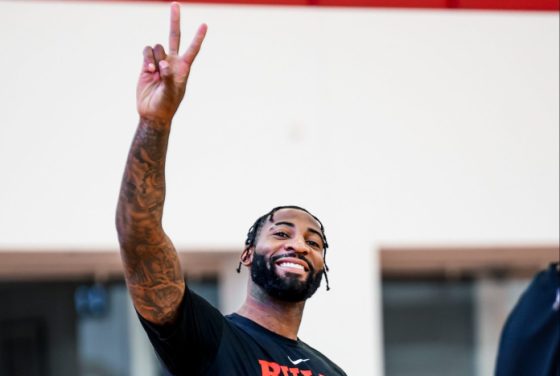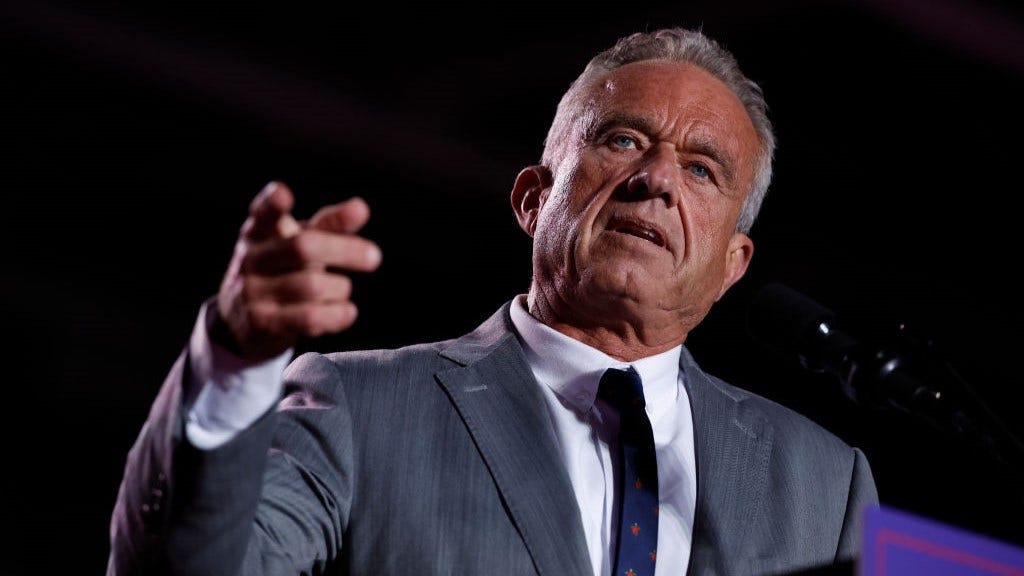By 1986, after 30 years in the business, Val Bisoglio had made such an impression as a character actor that Danny Arnold, a producer casting a new police series called “Joe Bash,” wrote in a casting notice for a particular part simply that he was looking for “a Val Bisoglio-type.”
Mr. Bisoglio saw the notice and figured that he was probably as good a Val Bisoglio-type as anybody. He called Mr. Arnold and landed the role, a desk sergeant.
“Joe Bash” was short-lived, but the anecdote shows just how much Mr. Bisoglio was able to do with an Everyman-ish face, a distinctive voice and a versatility that enabled him to play cops, tough guys, bartenders, judges, fathers.
He was perhaps best known for portraying the father of John Travolta’s character in the film “Saturday Night Fever” in 1977 (he whacks Mr. Travolta upside the head several times in a memorable dinner scene) and the owner of a restaurant preferred by the title character, a medical examiner played by Jack Klugman, on the television drama “Quincy, M.E.” from 1976 to 1983. But from the 1960s through the ’80s, television viewers were likely to encounter him in a seemingly endless list of guest roles.
“If it was a popular TV show,” his wife, Bonnie (Ray) Bisoglio, said in a phone interview, “he was on it.”
Mr. Bisoglio died on Oct. 18 at his home near Los Olivos, Calif. He was 95. His wife said the cause was late-onset Lewy body dementia, which had been diagnosed a year ago.
In an interview with The Daily News of New York in 1977, when he was early in his run on “Quincy” (he eventually appeared in a vast majority of the show’s 148 episodes), Mr. Bisoglio gave himself a nickname of sorts that was a reference to his “Quincy” role but that could well have applied to much of his career, in which he specialized in making a memorable impression in a brief amount of time.
“Whenever the writers find they’re a little short of time after they wrap up the case,” he explained, “they write in a little scene at the restaurant. It’s only one minute or two, at the most. So I’m the one- or two-minute man.”
Italo Valentino Bisoglio (pronounced bee-ZOL-yoh) was born on May 7, 1926, in Manhattan. His father, Mario, was a greengrocer during the Depression, then worked in construction. His mother, Virginia (Gallina) Bisoglio, did piecework sewing. Both parents had emigrated from the Piedmont region of northern Italy.
Growing up in New York, Mr. Bisoglio said, he was more interested in going to vaudeville and other theaters than in going to school; he dropped out after the 10th grade and at 16 made his way to Los Angeles, where he lived for a while, also spending time in Las Vegas. But he came to acting late; first he worked at various jobs, including, in his early 20s, selling water-softening devices, which made him a significant amount of money.
“It went through my hands faster than water could soften it,” he told The News, largely because he had developed a fondness for gambling.
Ms. Bisoglio said that migraine headaches helped drive her husband to take acting classes as a form of tension-relieving therapy. He studied with Jeff Corey, a character actor who after being blacklisted in the 1950s became a well-regarded acting teacher. By the early ’60s Mr. Bisoglio was back in New York and establishing himself as a theater actor.
At the Off Broadway Sheridan Square Playhouse in 1965, he was part of a production of Arthur Miller’s “A View From the Bridge,” which also included Robert Duvall, Jon Voigt, Susan Anspach and Richard Castellano, all of whom were still early in their careers. The next year he made his only Broadway appearance, in Frederick Knott’s “Wait Until Dark,” playing a con man. (Mr. Duvall played another.)
Mr. Bisoglio began to find television work as well, appearing in episodes of “Bonanza” and “Mayberry R.F.D.,” among other shows. In 1969 he landed a recurring role on the soap opera “The Doctors,” and by the ’70s he had residences on both coasts to accommodate his increasingly busy TV and stage careers.
Mr. Bisoglio tended to be offered roles as mobsters and other heavies — he held up Archie Bunker and family in a 1972 episode of “All in the Family” — but, as his wife said, “he yearned for roles where he could show something else,” and he turned down the thug parts when he could. Partly, he said, that was because they stereotyped a particular sort of Italian, one not representative of his family’s origins; his mother bristled whenever he took such a part.
“She doesn’t cook much pasta,” he told United Press International in 1977. “We northern Italians in the Po Valley area eat mostly rice. We’re from peasant stock.”
But, he told The Daily News, he also disliked such roles because they reminded him of his time as a gambler.
“When I was a New York gambler, I had to mix with those tough guys,” he said. “God, they were tough. Their arms were like iron. Their necks were like iron. Now it’s embarrassing for me to play them.”
That said, his final credits were in three episodes of “The Sopranos” in 2002, playing a character named Murf, a member of the crew of Junior Soprano, Tony’s uncle (Dominic Chianese). But Mr. Bisoglio said he always enjoyed the chance to play comic roles.
In the early 1980s, for instance, he was in several episodes of “M*A*S*H,” playing a cook named Pernelli. In one, Alan Alda’s Hawkeye lectures him at length on how to prepare, delicately, the perfect French toast. Mr. Bisoglio ignores him and dumps all the ingredients, including the bread, into a giant pot.
Another role that took Mr. Bisoglio a long way from Italian stereotypes came in 1979, when he played an erudite Native American chief named Gray Cloud in the comic western “The Frisco Kid,” with Gene Wilder and Harrison Ford. George American Horse, an actual American Indian, was an adviser on the film, and in 1978 he told The New York Times that, the uncomfortable cross-cultural casting notwithstanding, Mr. Bisoglio’s portrayal was a welcome change from “the stoic Indian sitting on his pony with his arms crossed and wearing war paint.”
Mr. Bisoglio’s marriage to Joyce Haden was brief and ended in divorce. He and Ms. Bisoglio married in 1996. In addition to his wife, he is survived by two sons, Joseph Bisoglio and Scott Chapman.




















Discussion about this post